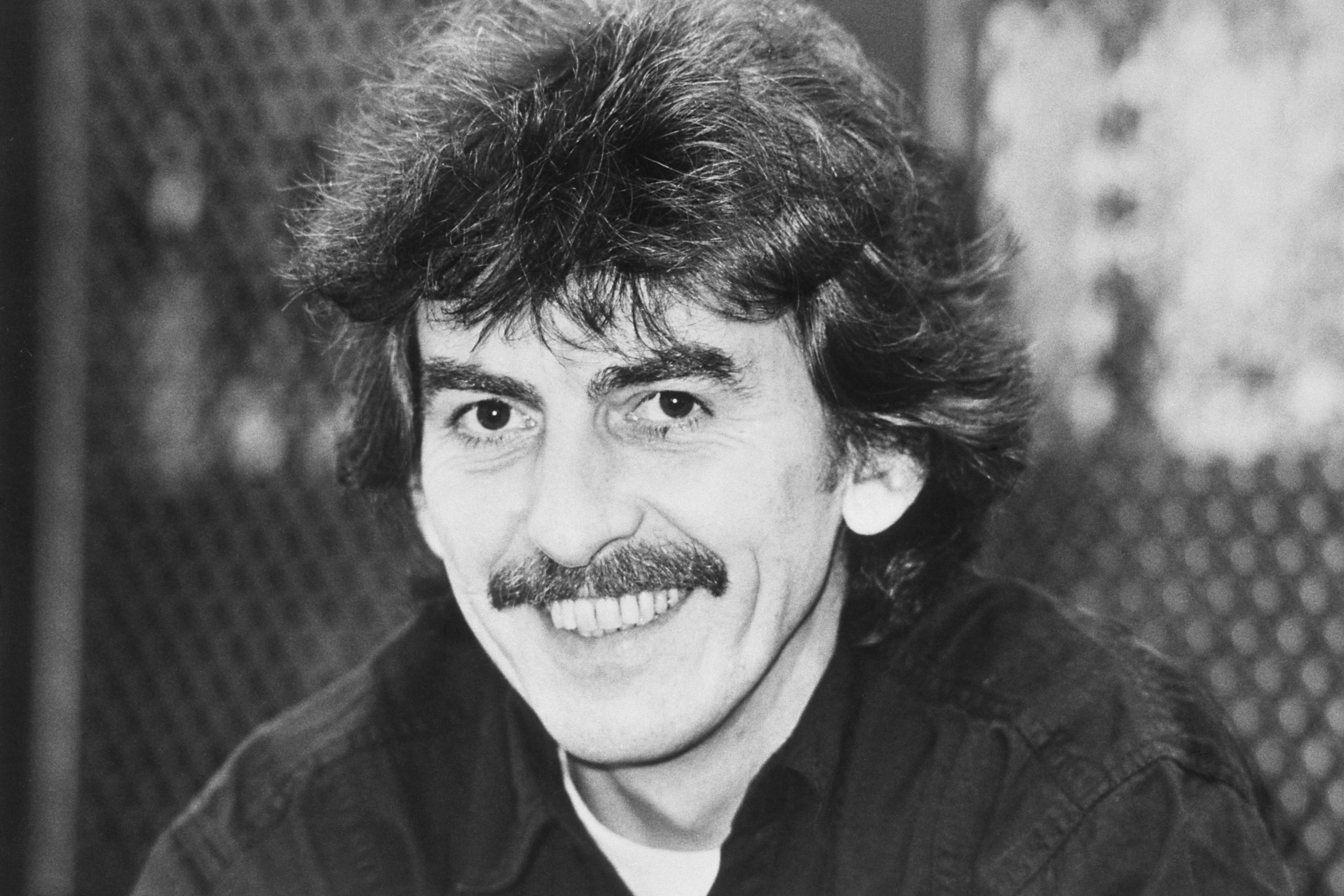George Harrison’s widow hails plaque at his birthplace as ‘source of pride’
Harrison died in 2001 at the age of 58 following a battle with cancer.

The widow of George Harrison has hailed a blue plaque at the Beatles star’s Liverpool birthplace as “a source of family pride”.
The honour will be unveiled on Friday at 12 Arnold Grove in Wavertree by Olivia Harrison, who married the guitarist in 1978, and culture minister Lord Parkinson.
Harrison, who died in November 2001 at the age of 58 following a battle with cancer, was born on February 25 1943 at the two-up two-down Victorian terraced house and lived there until he was nearly seven years old.
American film producer and author Olivia said: “This blue plaque recognition of George’s birthplace is a source of family pride for all the Harrisons, and something that none of us, mainly George, would ever have anticipated.
“So much of who George was came from being born and spending his earliest years at 12 Arnold Grove, undeniably a part of who George was.
“He left a footprint on this world, on this country, in this city and on this street.”
She had their only child, the musician and composer Dhani Harrison, in 1978.
In Harrison’s memoir, I, Me, Mine, he recalled growing up in the street, which he described as “just like Coronation Street” with “no garden” and a “door straight on to the street”.
He also said: “It was OK that house, very pleasant being little and it was always sunny in summer.”
Known as the “quiet” Beatle, Harrison was the youngest of four children and embraced his love of music, learning guitar at around the age of 12.
His parents were born and grew up in the Wavertree area and his mother’s parents lived in the adjacent road, Albert Grove.
The family departed the area in 1950 after they reached the top of the council housing list.
Duncan Wilson, chief executive of Historic England, which runs the scheme on behalf of the Department for Culture, Media and Sport (DCMS), said: “For many years, local residents and fans have longed for a blue plaque marking the place where George Harrison’s exceptional life story began.
“I am thrilled that we can make that a reality and we are now inviting people across England to submit their own nominations for the person they would most like to see recognised in this way.”
At the age of 17, Harrison went to Hamburg in 1960 as the youngest member of The Beatles and though his songwriting was overshadowed by John Lennon and Sir Paul McCartney’s work, he contributed with Here Comes The Sun, While My Guitar Gently Weeps and Something.
Later, he became fascinated with the sitar, a long-necked string instrument that uses a bulbous gourd for its resonating chamber, and asked Indian composer Ravi Shankar to teach him to play it properly from 1965 to 1968.
Following the Beatles’ trip to India in 1966, he was greatly influenced by eastern music and philosophy, and he also wrote the Beatles songs Within You Without You and Only A Northern Song.
Steve Rotheram, mayor of the Liverpool City Region, said: “Throughout his incredible life, George would often come home to Liverpool to relive the memories that shaped his childhood.
“His career might have taken him around the world – but he never lost his love for this city.
“He was also a deeply spiritual man who used his platform to spread a message of peace and acceptance, which are values that Scousers are renowned for.
“It is for that reason that George will always be regarded as one of Liverpool’s greatest sons and it is wonderful to see a permanent tribute to his life in the community that helped to raise him.”
Following his band splitting, Harrison released his third album, the chart-topper All Things Must Pass, in November 1970, which included the song My Sweet Lord, and also co-founded Handmade Films, which released 1979 comedy Monty Python’s Life Of Brian.
His charitable work included the Concert for Bangladesh in 1971.
In 1988 he formed the supergroup the Traveling Wilburys with Bob Dylan, Roy Orbison, Tom Petty and Jeff Lynne.
Previous plaques have been placed for Lennon at 34 Montagu Square, Marylebone, London, and 251 Menlove Avenue, Liverpool.
Bookmark popover
Removed from bookmarks